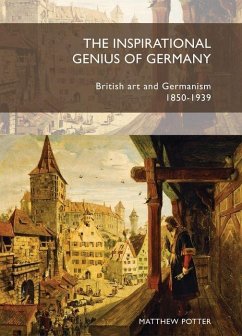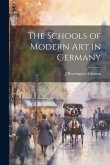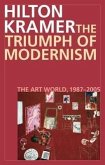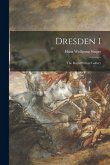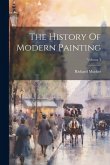The inspirational genius of Germany explores the neglected issue of the cultural influence of Germany upon British art between 1850 and 1939. While the impact of German Romanticism on Britain has been extensively mapped, the response to the more ideologically problematic German culture of the succeeding period has been neither fully explained nor explored by art historical scholarship largely due to the sensitivity of its connections with the trauma of the First and Second World Wars, and the subsequent cultural diplomacy of the Cold War. After the 1848 revolutions, Germany experienced a period of political and economic growth which not only brought Unification in 1871 but also saw it challenge the industrial and imperial supremacy of Britain at the dawn of the twentieth century. The rising position of Germany naturally encouraged Britons to investigate the cultural achievements of their 'Saxon' brethren in order to better understand and compete with them. Matthew C. Potter uses images, art criticism, and the public writings and private notes of artists to reconstruct the intellectual history of Germanism during this period of heightened nationalism. Potter examines key case studies that trace the changing shape of Britain's artistic engagement with Germany including: experts who worked on the margins of the Pre-Raphaelite circle; mainstream Victorian artists (such as Frederic Leighton, G.F. Watts, Walter Crane and Hubert Herkomer) as well as avant-gardists like the Vorticists who were influenced by German art and aesthetics; the British reception of artists working in the German School like Arnold Böcklin and Wassily Kandinsky during the dawn of modern art; and the last gasp of enthusiasm for German art that took place in defiance of the rise of Nazism in the 1930s.
Hinweis: Dieser Artikel kann nur an eine deutsche Lieferadresse ausgeliefert werden.
Hinweis: Dieser Artikel kann nur an eine deutsche Lieferadresse ausgeliefert werden.

